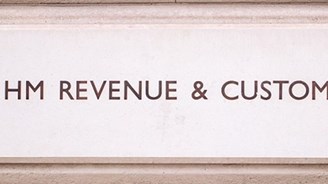The ICAEW makes further advances on the lawyers’ front

The boundary separating the lawyers (i.e. barristers and solicitors) from the accountancy profession largely consists of the six reserved legal activities as laid down in s.12 Legal Services Act 2007. Only authorized persons can carry out these activities: rights of audience in courts – to address the court or call/examine witnesses; conducting litigation – commencing, prosecuting or defending cases in Court; drafting “reserved legal instruments” e.g. contracts for land transfer/sale as well as deeds – such as trust deeds and even dividend waivers (Wills do not come under this heading!); probate activities – preparing those papers which prepare or oppose a grant of probate/letter of administration; notarial services – authenticating documents and transactions (usually to make them effective outside the country); and the administration of oaths. Solicitors and barristers are authorized by the Legal Services Board (‘LSB’) to carry out all of the above.
The first inroad by the accountancy profession into this exclusively-legal world was in 2014 when ICAEW became an approved regulator and licensor of the provision of probate services (non-contentious) – the first non-legal body to be given that privilege. Many chartered accountants have taken advantage of the opportunity to offer this service to their clients.
Because of that and with the closing gap between the professional services ICAEW wanted their members to be able to offer the other five reserved activities to put themselves on a par with solicitors. In 2017, whilst the LSB gave its blessing, the then Lord Chancellor David Lidington refused to allow any further encroachment into legal territory by ICAEW. A challenge to that decision was launched by ICAEW in the High Court which subsequently decided in March 2019 that the Lord Chancellor was justified in his actions – except for the administration of oaths, the granting of that service to ICAEW would (“albeit slightly”) help widen access to justice. The current Lord Chancellor, David Gauke conceded that point and has made the Order allowing ICAEW to be an authorised regulating and licensing body for the administration of oaths once parliamentary time becomes available (as they have their hands full at the moment!) when it will be enacted.
What does this mean in practice? It means that chartered accountants will have the potential to market themselves as a “Commissioners for Oaths” – to be able to verify affidavits, statutory declarations and other legal documents. This could be a very useful string to an accountants’ bow and follows the more “paperwork” jobs which a client will still need.



